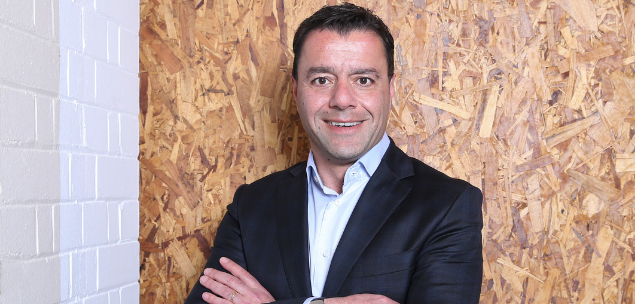By Simon Eid, Area Vice President, Australia and New Zealand
The threat landscape is constantly evolving, and businesses are coming to understand that no-one is immune to a cyber-attack. To best prepare for a potential attack, businesses need to aware of the risks and ensure cyber security is ingrained with day-to-day operations.
With a number of high-profile breaches over the years showing the various industries being targeted and different attack techniques, there is no question that cyber-attacks pose a serious risk to businesses of all size. The compromising of private data could cause significant financial losses and legal implications, as well as breaching the trust of customers and causing reputational damage.
Now that we’re in the thick of another financial year, it’s the perfect time to reassess the security posture of your business, by focusing on the key areas of technology, people and processes to ensure that threats can be handled in an efficient and economical manner.
Adapt technology to meet future trends
Improving security operations is something that should be done regularly in order to keep up with the constantly evolving technological landscape. As disruptive trends continue to develop, new cyber security solutions will need to be adopted to keep up with this pace.
Businesses should be using security tools that leverage artificial intelligence (AI) to identify known and unknown threats, allowing you to investigate and respond faster by processing mass amounts of data to detect malicious activity. This allows a streamlining of investigations and can ensure that employees can focus on optimising processes instead of wading through unnecessary data.
A perfect example of this took place recently with the City of Gold Coast (CoGC), who needed greater visibility into security events across diverse and multiple technology environments. They needed a solution that could consolidate and accommodate multiple environment types, and it was important to be able to monitor different threat profiles and priorities on one holistic platform.
The right employees for the job
While AI is playing an important role in modern defences by provide actionable and predictive insights quickly, having skilled employees able to delve deeper into analytics is still incredibly important. In the recent State of Dark Data research from Splunk, 82 per cent of respondents say that humans are and always will be at the heart of AI, which will generally augment opportunities rather than replace people altogether.
It’s crucial then that the right employees have the skills and confidence to tackle ongoing threats, which could mean recruiting specialists to help bolster specific areas of your strategy, or provide the opportunity to upskill existing staff so that they’re armed with the tools they need to be effective. Education allows for pre-emptive action and raises security awareness overall.
Strong processes, strong defence
By identifying vulnerabilities in your network, you’ll be able to work towards implementing stronger processes that will result in stronger defence against cyber threats. A solid cyber security strategy can prove to be an important pillar for any business that wants to ensure they are continually assessing risks and making thoughtful changes to their processes so that they stay prepared.
Key to this is having systems in place that reduce the time to detect malicious threats in your environment, allowing you to respond quickly and appropriately with automated actions and workflows. Having visibility through the network is incredibly important to identify any gaps in your organisations security posture that could be exploited by malicious threat actors searching for vulnerabilities.
The University of Adelaide was being targeted by ongoing phishing attacks, and its IT teams lacked visibility into the network hampering their ability to quickly recognise and respond to attacks, this become an increasingly resource and time intensive activity. By deploying a Citrix-based solution to provide anywhere, anytime access to licensed applications, it has saved hundreds of hours a year in security analyst time ensures uptime and service continuity, along with assisting to more accurately plan for future infrastructure investment.
To avoid becoming a victim to cyber threats, businesses need to instil a strong culture of guidance and improvement when it comes to security. This means focusing on adapting to modern technology, educating staff and ensuring a strong foundation of processes. With these in place, this financial year isn’t going to be nearly as daunting as it could be.

